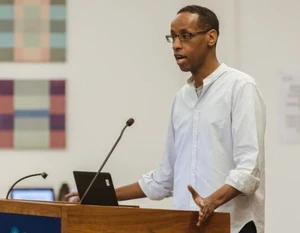What Is Social Mobility?
Social mobility is defined as the movement of individuals, families or households between social strata in society. Describing the connection between a person’s income and occupation and the income and occupation of their parents, social mobility can cause people of low-income backgrounds to have fewer opportunities than those from privileged backgrounds. If there is a strong link between a person’s income and occupation and their parents, this causes a low level of social mobility, and if there is a weak link, this causes a higher level of social mobility.
What Can Be Done To Improve Social Mobility In The Workplace?
- Build talent pipelines through alternative routes – introduce paid internships as a great way for people from diverse backgrounds to get their foot in the door. Or employ apprentices, giving people an opportunity to earn whilst they learn, and remove the necessity of studying at university.
- Nurture and retain talent from all backgrounds – track and monitor socio-economic backgrounds, making sure you are encouraging progression on an equal basis in a diverse workforce
- Create an inclusive workplace culture – ensure all employees feel included and equal by creating a workplace culture that fosters diversity and inclusion.
- Look beyond the workplace – work directly with schools and universities, to encourage a diverse pool of talent outside the ‘elite’ group of educational establishments.
Source: Tempo
What Charities Support Social Mobility?
The Social Mobility Foundation is a charity that supports the practical improvement in social mobility for young people.
UpReach is another charity which supports disadvantaged students from across the UK, helping them to realise their potential and investing in programmes of support for such individuals.
Social mobility is an important factor of the modern world, with many people born into lower-income families, regardless of their talent, not having access to the same opportunities of people born in more privileged circumstances. Statistics show important inequalities, such as by the age of three, poorer children are estimated to be nine months behind children from more wealthy backgrounds and by 16 children receiving free school meals achieve 1.7 grades lower at GSCE.
Social mobility is a complex issue, that requires coordinated approaches to achieve increased equality between social classes. A great way to better understand social mobility is by booking a social mobility speaker, all of whom are experts in what social mobility means and what needs to be done to improve social mobility in the UK. Browse our range of social mobility speakers, and contact us today to book!

















